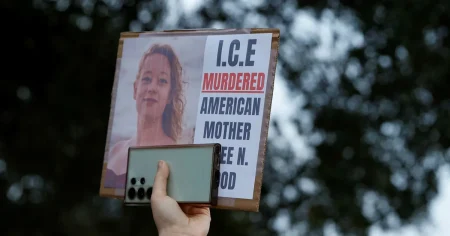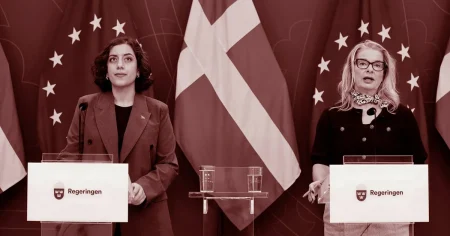The year 2005 began with an unprecedented tragedy: the Indian Ocean tsunami. King Carl XVI Gustaf, visibly shaken, questioned Sweden’s preparedness and response to the disaster that claimed the lives of hundreds of Swedes vacationing in Southeast Asia. His public expression of grief and frustration resonated deeply with a nation grappling with the enormity of the loss and the evident failures of its government. His words, “It is better to act than to do nothing at all,” encapsulated the widespread feeling of helplessness and abandonment in the face of bureaucratic inertia. This raw honesty, coming from the head of state, provided a much-needed catharsis and initiated a national conversation about accountability and the responsibility of the state to its citizens.
The tsunami exposed deep-seated flaws within the Swedish government’s crisis management system. The Disaster Commission’s subsequent report was a damning indictment of the state’s lack of preparedness. It revealed a systemic failure at the highest levels, from the absence of a functioning crisis organization within the government to a complete lack of protocols for assisting citizens abroad. There was no clear leadership structure, no effective communication channels, and no contingency plans in place for such a large-scale emergency. The report highlighted the delayed and disorganized response, which undoubtedly exacerbated the suffering of those affected. The public outcry following the commission’s findings led to a political reckoning and ultimately a change in government, demonstrating the public’s demand for accountability and improved crisis management.
In the void left by the government’s inadequate response, King Carl XVI Gustaf stepped forward. He became a symbol of national unity and empathy, offering solace and leadership in a time of profound grief. His personal experience of losing his own father at a young age lent his words a particular resonance. His simple statement, ”I know something about that,” delivered during a national memorial service, transcended political divides and touched the hearts of many Swedes, regardless of their stance on the monarchy. He filled the vacuum created by the government’s absence, providing a sense of comfort and direction when it was most needed.
The Social Democratic government, in power for a decade at the time of the tsunami, bore the brunt of the public’s anger and frustration. While the party accepted responsibility for the failings, the issues highlighted by the disaster went beyond political accountability. The tsunami revealed systemic weaknesses in Sweden’s emergency preparedness, weaknesses that remained largely unaddressed. Years later, the Corona Commission’s report echoed the findings of the Disaster Commission, pointing to similar deficiencies in the government’s response to the pandemic. Even more recently, the Russian invasion of Ukraine underscored Sweden’s vulnerability in other areas of national preparedness, from inadequate healthcare infrastructure to depleted emergency supplies. These recurring issues highlight a persistent pattern of insufficient planning and a lack of prioritization for national resilience.
While the government has since strengthened its security apparatus, focusing primarily on external threats, the question remains whether Sweden is adequately prepared to assist its citizens in distress abroad. The prevailing message from the government and the Ministry of Foreign Affairs seems to emphasize individual responsibility, suggesting that citizens travel at their own risk. This shift in perspective stands in stark contrast to the heightened sense of global interconnectedness that emerged in the aftermath of the tsunami. Two decades ago, the disaster symbolized the realities of globalization, where thousands of Swedes could easily travel to distant shores. Today, a growing skepticism towards globalization and international engagement appears to be influencing Sweden’s outward-looking policies, contradicting the call for increased international responsibility advocated by the King twenty years prior.
The tsunami served as a stark reminder of the world’s interconnectedness and the fragility of life. It was a tragedy that brought into sharp focus the importance of individual action, community resilience, and effective leadership. While robust systems and protocols are essential for crisis management, they are ultimately meaningless without the human element – the individuals who display initiative, empathy, and the capacity to think outside the box. The response to the tsunami, both in Thailand and back in Sweden, highlighted the crucial role of individual citizens and local communities in providing immediate support and comfort to those affected. It demonstrated that in times of crisis, it is often the actions of ordinary people, driven by compassion and a sense of shared humanity, that make the most profound difference. These individuals, acting with courage and resourcefulness, often become the unsung heroes, bridging the gap between official responses and the immediate needs of those in distress. Their actions embody the true spirit of leadership and underscore the importance of human connection in times of profound crisis.














